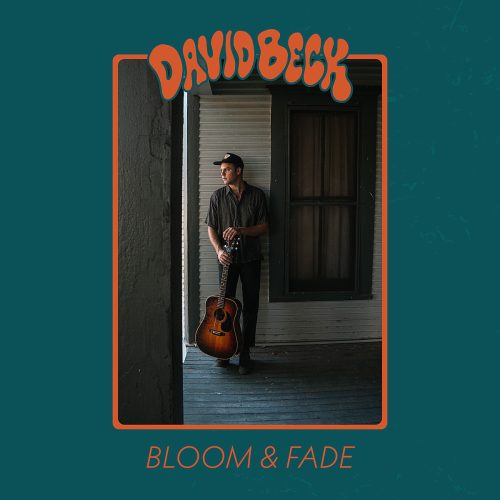“Miner’s Song” is the lead single of David Beck’s upcoming album Bloom and Fade, out September 30. Beck sings from the perspective of a prospector: “You can throw away the rubble, give me the gold.”
The rough, definitive backbeats of the drums strike like a pickaxe through the course of the song, electric guitar chords shimmer as heat haze over the refrain, and the lead guitar line shines through like a vein of gold, finally unearthed. Beck, on the lead vocals, sounds like a cowboy who’s too tired to keep playing tough.
The kind of mining that happens in the song is less finders-keepers and more losers-seekers: the miner of the title knows there is gold in the ground, so isn’t interested in carrying around dross rock. It’s not always easy to throw away rubble, though, especially if you’ve been digging in it all day, hoping to find something precious.
“Well, once I had a lover, but a memory I refuse,” Beck sings in the third verse. Here’s a hard kind of rubble to throw away: all the hopes that didn’t pan out, all the sweetness that didn’t last. The miner refuses to cling to the memory of love, even when that’s all that’s left to cling to.
The draw of emotional rubble is powerful; even the problems of a relationship can become precious in retrospect, because the pain they cause is a connection to the person we loved. But Beck’s miner refuses to hold on to pain. He’s keeping his pockets empty for the gold he hopes to find. “I made something out of nothing, enough to go around.” Something out of nothing: hope out of loss. A hole in the heart, shaped like love.
Listening to the refrain, you can hear Beck singing, “ride my pony, sitting high, right through the middle of town.” Or maybe he’s singing, “write through the middle of town.” The miner rides down main street, past every judgmental neighbor and unsympathetic barkeep. But the miner, or Beck himself, also writes his way through. Making a song is a way of moving forward, head high; a way of presenting yourself on your own terms.
Mining is a good metaphor for how a song works: the lyrics are like the beams the miners place to hold up the walls and ceiling. But what the writer leaves unsaid is just as important; there has to be space for the listener to move through and dig in. I’m filling in the hollows of this song with what I need to hear – that it’s difficult but good to let go of the memory of a love that didn’t work out; that it’s good to hold coal and know that it’s coal, rather than looking at your empty hands and fixating on the image of a diamond that was never there.







